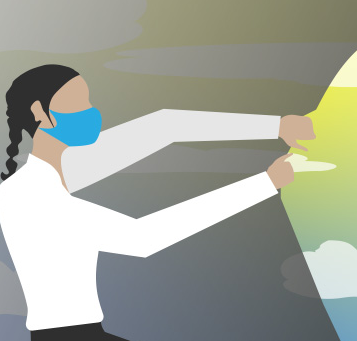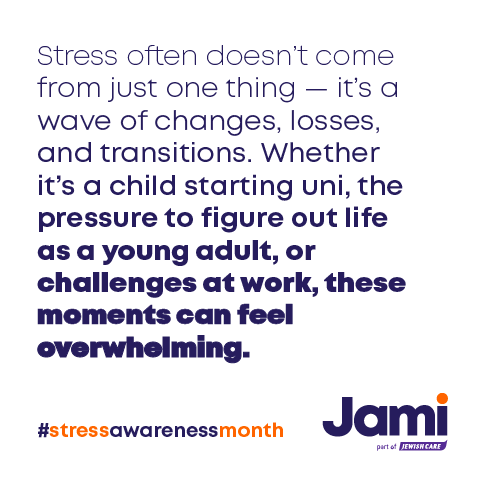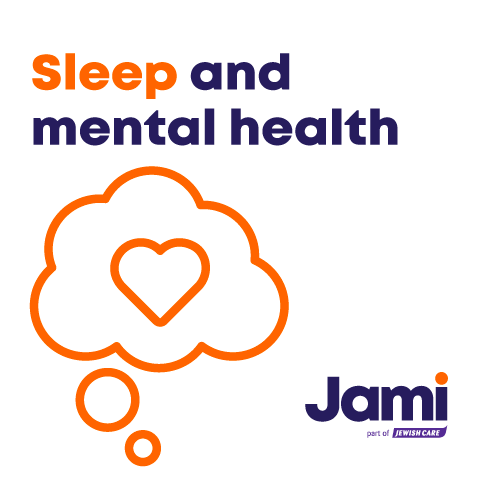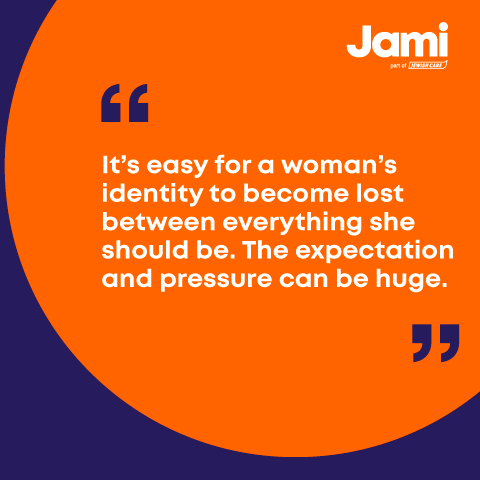
Tips for looking after your mental health during COVID-19
Just the words ‘global pandemic’ are scary and can make us feel anxious or stressed – and this is a completely normal reaction. As well as following hygiene advice and public health guidance, how we look after our own and others’ mental health throughout this period will have an enormous impact on how we get through it.
Look after your own mental health
In these stressful and uncertain times, when the things which can significantly impact you are outside of your control, you need to make sure you look after your own mental health. Here are some ideas:
- Establish a network and stay connected. See people that are close by, online through video chat, or talk on the phone
- Find areas of your life you can control for yourself and your loved ones. Plan a routine for a week at a time including meal plans and grocery shopping
- Find activities that will help you relax, such as reading a book, doing a jigsaw or watching a film
- Limit your watching, reading and listening to news or social media if you find it is making your more anxious. Avoid speculation and look up reputable news sources, maybe checking for updates a couple of set times a day
- Get some fresh air – if you’re not self-isolating, go for a walk and clear your head. If you are self-isolating, open the windows and let some air in
- Exercise – if you can’t get out for a walk, find a home workout video online that you can do inside
- Create a positive ‘to do’ list – books you haven’t had a chance to read, a movie you wanted to watch, or a new recipe to try out
If you’re looking after other people, especially children, having a routine is essential. Set some boundaries so you all have some ‘me’ time, make sure you have another adult you can talk to and remind yourself this won’t last forever.
Supporting family, friends and community
The rapidly changing status of COVID-19 carries a unique level of uncertainty and has created an unparalleled need for a social response in our community. As social networks and interactions with friends, care providers and health professionals deteriorate, whether through illness or circumstance, managing pre-existing conditions will become even harder.
Stay connected
Find ways to keep in touch, especially with people who are self-isolating. This may be online through a video chat group – Skype, Zoom, Google hangout, FaceTime, or through regular phone calls. Think about how you can help elderly people get connected.
Local help
Enforced isolation can be challenging for all of us, for some people with underlying mental health issues, this can cause further distress. Self-care may become overwhelming and food shopping / meal prep may become impossible. Offering to pick up shopping and delivering urgent supplies can have a significant positive impact.
Acknowledge how people are feeling
It is normal to feel vulnerable and overwhelmed at times like these, particularly if you have a mental health condition, or a physical condition that increases your risk to the virus.
Common fears will include fear of becoming ill or dying; avoiding health facilities due to a fear of becoming infected while in care; loss of employment and financial difficulty; fear of social exclusion; feeling powerless and out of control; loss of caregivers; feelings of boredom, loneliness and depression due to isolation.
Acknowledge these feelings and reassure people that although they are worried, they are not alone.
If you are supporting someone in need of immediate help, you can contact one of the below services:
Ring your GP or out of hours service for an emergency appointment
Contact your Community Mental Health Team (CMHT) if you have one
Call Samaritans on Freephone 116 123 (24 hours a day) or the Jewish Helpline on 0800 652 9249 (Sunday – Thursday 12:00 – 00:00; Friday 12:00 – 15:00)
For young people under 35, or if you are worried about a young person, please call Papyrus – a charity which runs the HopelineUK – on 0800 068 41 41, text 07786209697 or email pat@papyrus-uk.org
Call 999 or NHS Direct on 111 (England) or 0845 46 47 (Wales)
If you have concerns about yourself or a loved one, you can contact Jami:
https://jamiuk.org/get-support/referral/
Call 020 8458 2223
Email info@jamiuk.org
COVID-19 Crisis Appeal
The additional anxiety and isolation caused by COVID-19 can heighten the risk of suicide for people living with mental illness. Jami are prioritising contact with the most vulnerable and have already seen a rapid increase in demand for our support.
At this time of increased anxiety, looking after our mental as well as our physical health is more important than ever. Your donation to our COVID-19 Crisis Appeal will help us provide critical mental health services to our community.


